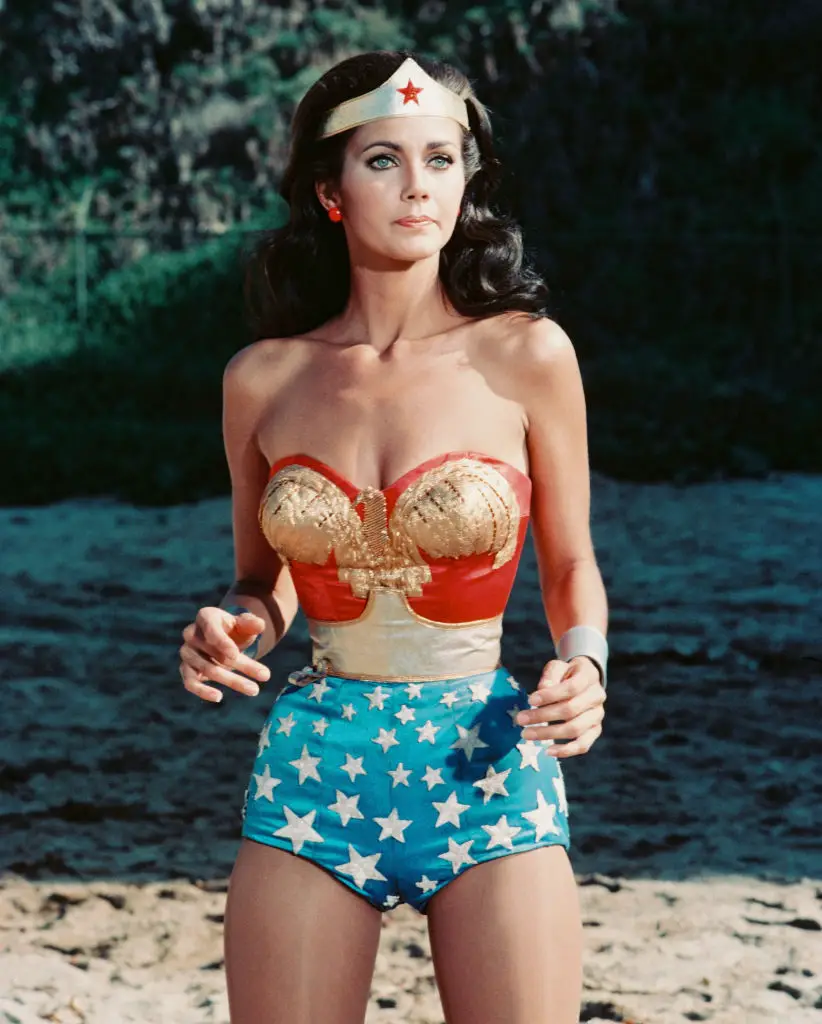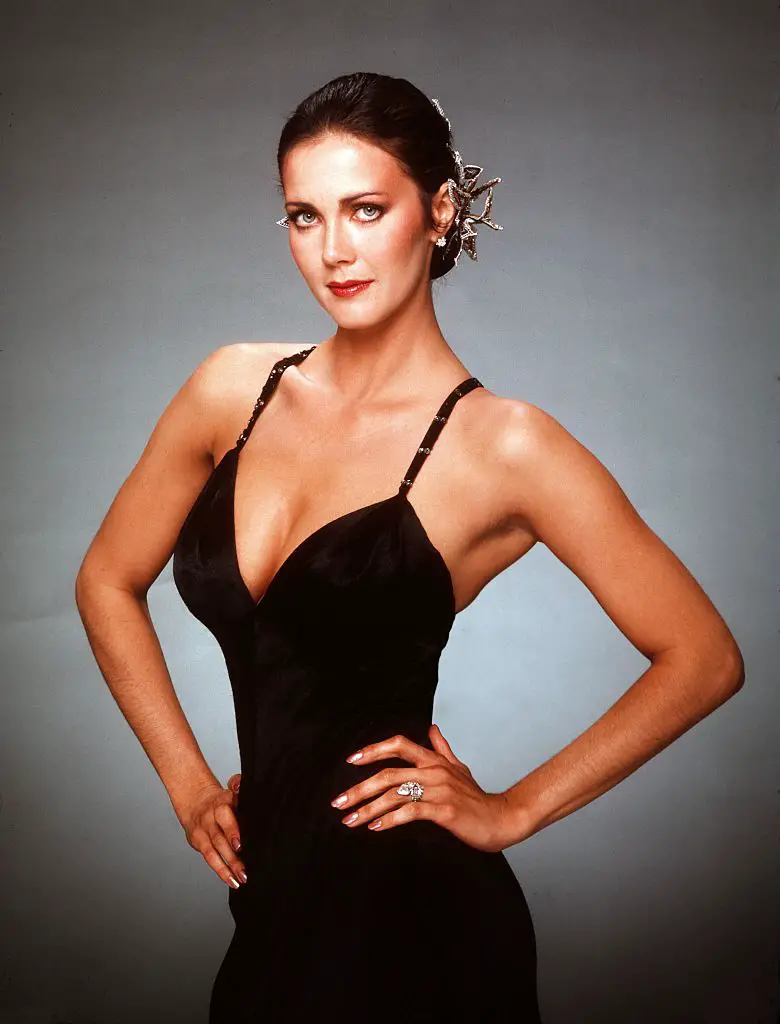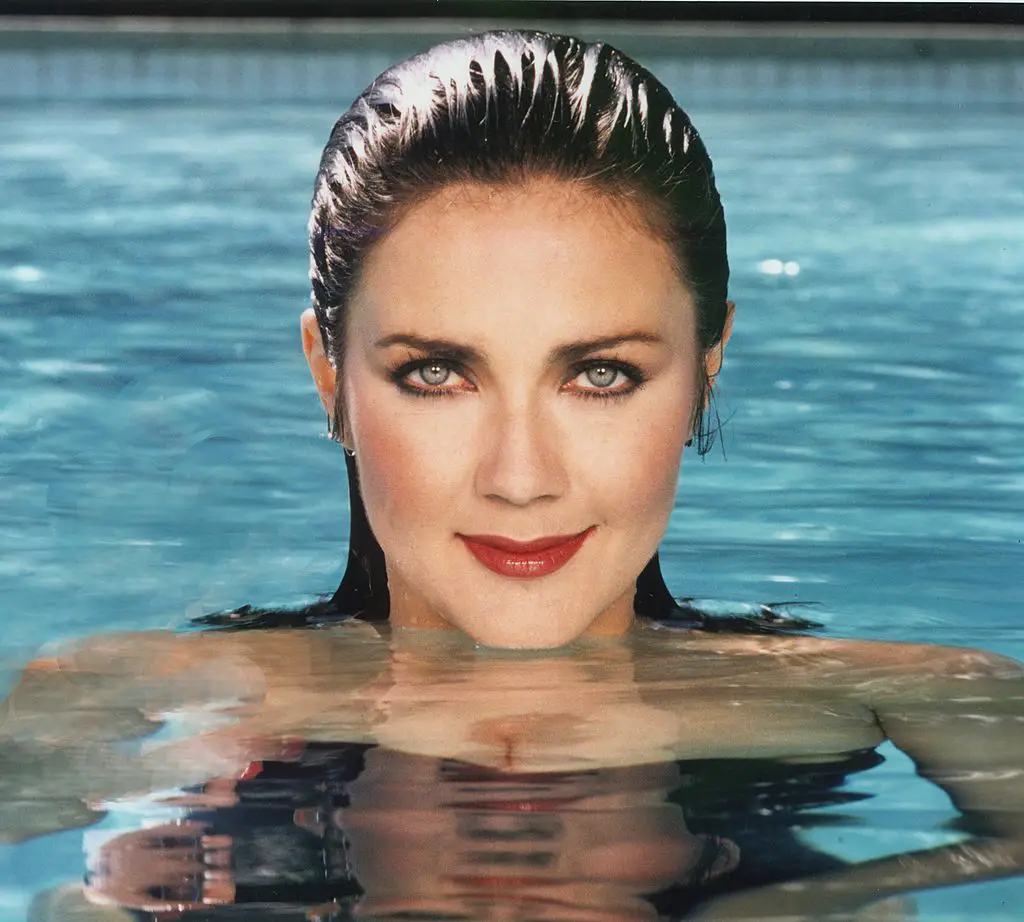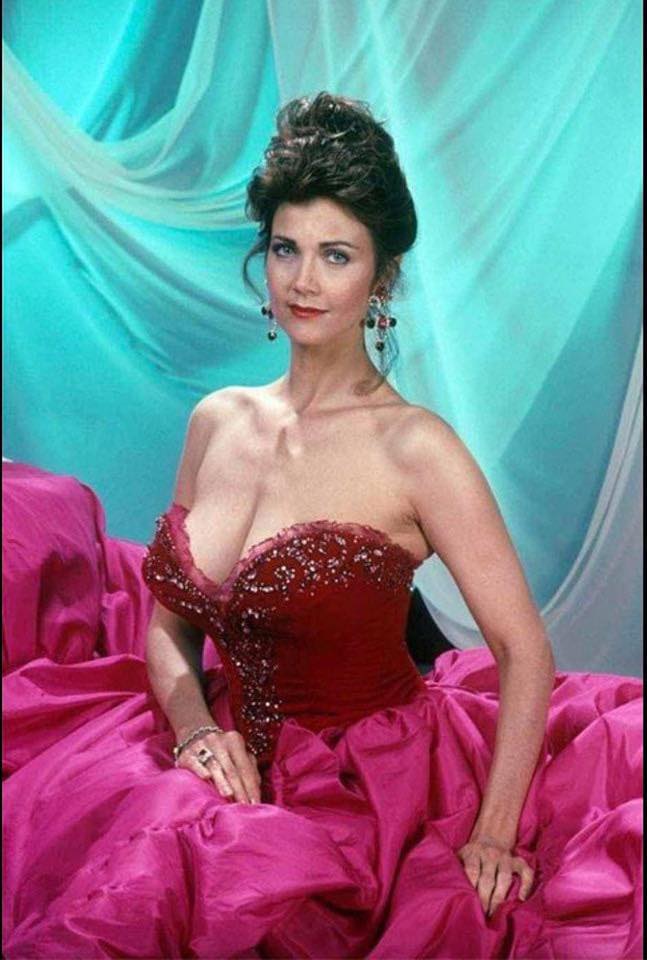Lynda Carter first gained national attention when she was crowned Miss USA in 1972. Her role as a representative in the Miss World pageant not only showcased her beauty and poise but also opened doors to opportunities that would define her career. Among them was the role that made her a household name—Wonder Woman.
Carter’s portrayal of the iconic superhero propelled her to international fame, making her much more than a television star. She became a symbol of empowerment for women, admired not only for her striking looks but also for her talent and the strength her character embodied. Reflecting on her Miss USA experience, she acknowledged it as a pivotal yet challenging chapter in her life, shedding light on the intense pressures women faced in the world of beauty pageants.

Before her breakthrough as Wonder Woman, Carter faced a series of obstacles in her acting career. Struggling to find steady work, she took on small roles and, at times, faced financial hardship. She even considered leaving the entertainment industry altogether—until her manager delivered the life-changing news that she had been cast as Diana Prince, and the rest is history.
At a time when gender equality was becoming a more prominent issue, Wonder Woman stood as one of the first female superheroes on television, providing a powerful role model for countless women. Carter’s performance was a perfect blend of strength, compassion, and relatability. She once said, “I want women to want to be me or my best friend,” and her portrayal resonated with audiences who saw in her a champion of justice and empowerment.
In 1978, Carter was dubbed the “Most Beautiful Woman in the World,” a title that brought both admiration and discomfort. A widely popular poster featuring her image turned her into a symbol of desire, a role she found difficult to embrace as it clashed with her deeper aspirations to be recognized for her abilities and character.

Beyond her work as Wonder Woman, Carter explored other avenues of entertainment. She took to the stage in productions like Chicago and later joined global celebrations of Wonder Woman’s legacy. In 2016, she attended the United Nations’ event commemorating the superhero’s 75th anniversary, where the character was named an honorary ambassador for women’s empowerment—a tribute Carter was proud to support.
In her personal life, Carter experienced both profound joy and sorrow. After her first marriage to Ron Samuels ended, she found lasting love with attorney Robert A. Altman. The couple married in 1984, and Carter stepped away from the limelight to raise their two children, embracing motherhood as her primary focus. Their marriage endured for decades until Altman’s passing in 2021 after a battle with leukemia. Carter has openly expressed her grief, calling Altman her “knight in shining armor” and paying tribute to their enduring bond.
A survivor of personal struggles, Carter has also been candid about overcoming alcoholism. Now celebrating more than 23 years of sobriety, she often credits her late husband for being a pillar of support during her darkest times.

At 71, Lynda Carter continues to inspire with her resilience, elegance, and unwavering strength. Her journey, both on and off-screen, has left an indelible mark on the world. From her iconic red, white, and blue costume to her heartfelt advocacy for empowerment, Carter remains a timeless symbol of courage and grace.
